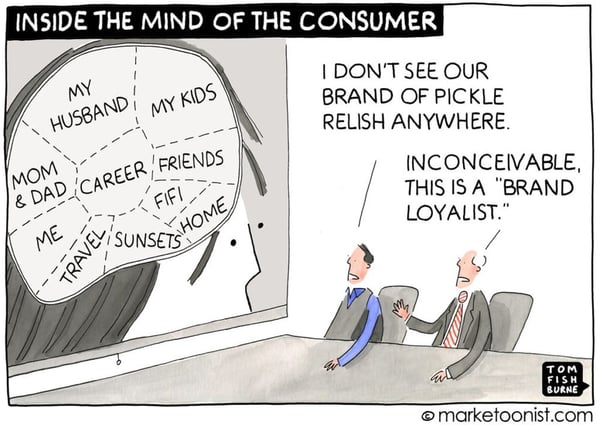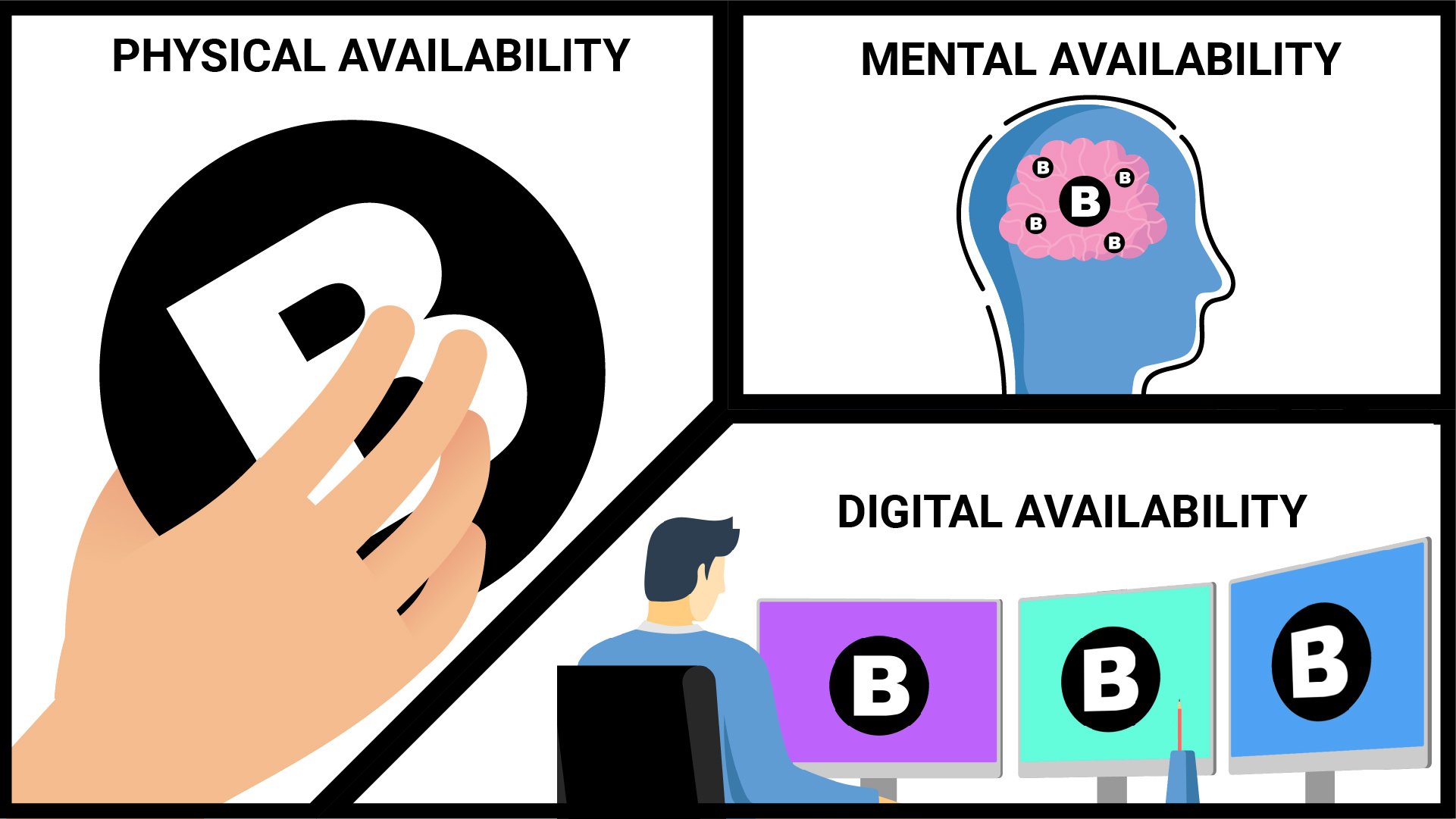Tribute to The Ehrenberg-Bass Institute
3 minute read
The profession of marketing has historically had a reputation of resembling art more than science. In extreme cases, the science of it was absent - replaced by myths, intuition, and anecdotal evidence. This paradigm shifted with the emergence and the growing influence of marketing science, and one of its grand proponents: The Ehrenberg-Bass Institute.
What is the Ehrenberg-Bass Institute?
The Ehrenberg-Bass Institute for Marketing Science (or EBI for short) is an independent, not-for-profit marketing research institute based at the University of South Australia. It was elevated to institute status in 2005 and named after the late prof. Andrew Ehrenberg and the late prof. Frank Bass respectively, as a tribute for their contribution to marketing science. Their application of physical science methods and principles to marketing was the catalyst to many groundbreaking discoveries in marketing science. Ehrenberg and Bass proved consumer behavior and brand growth can be observed in predictable patterns, mathematical models, and empirical evidence. This is the school of thought that defines the EBI.
Ehrenberg-Bass Institute is home to more than 60 researchers and marketing scientists. The most prominent marketing scientists of EBI include prof. Byron Sharp, the author of one of the most influential marketing books in the last decade: How Brands Grow, and prof. Jenni Romaniuk, renowned for her pioneer work on mental availability and distinctive brand assets.
Key findings
"If you don’t understand evidence-based marketing principles, then you are probably spending a lot of money on brand activities that don’t work." - CMO of Mars
1) Some dynamics are present in all categories and markets to varying degrees.
The Ehrenberg-Bass Institute was never on a mission to give marketers this insight in form of a silver bullet, which is what EBI is often accused of doing. These dynamics are instead meant to act as a background context marketers must be aware of when shaping brand strategies. They serve as constraints of what can and cannot be done. Marketers can acknowledge them, they can choose to ignore them, but at the end of the day, the effects of these dynamics will be felt in reality.
2) Most brand loyalty is behavioral, based on convenience.
Brand loyalty is popularly equated with a humanized version of loyalty, in form of a consumer's emotional attachment to a brand. Loyalty can also be explained by customer inertia, ease of purchase, high switching costs, or else. Buyers buy many brands (often from the same category) and will have no problem replacing one brand with another if a better opportunity presents itself. The majority of any brand's customer base fits this profile. This is not discounting brand love and "real" loyalty - it most certainly exists, but that type of loyalty is an outlier event and makes for a very small percentage of the brand's customer base anyway.

3) Market penetration drives brand growth.
The category king is the brand that captures most (casual) buyers in the category. Because customer retention is proportional to brand size (small brands have few loyal buyers, big brands have a lot), the only way to grow is to acquire new customers. And because the majority of total purchases in any category consist of casual buyers, most of them gravitate to default, category-leading brands (the ones most mentally and physically available, easiest to find and buy from).
4) Some target segments are not real.
Customers across categories have more homogeneities than heterogeneities, yet marketers obsess over segmenting buyers based on micro differences that have little to no bearing on the final purchase decision. Targeting matters, segmentation matters - the EBI is merely inviting marketers to think harder about who their target really is, and in what context. Segmentation is valuable only if the differences between target groups are meaningful variables that affect consumers' demand and preference. This notion is often misinterpreted, and marketers accuse the EBI of advocating against segmentation.
Democratization of marketing science
The data collected by the Ehrenberg-Bass Institute that led to breakthroughs in marketing science need not be exclusive to them or any other major research bodies, nor does it have to take years to collect such data. With the rise of BrandOps and similar brand intelligence platforms, data on brands and categories can be collected quickly and accurately, allowing everyone to contribute to the development of marketing science. While there is more to scientific discovery than mere data, we believe every little helps. Using BrandOps as a brand intelligence enabler for marketing science research could inspire more MarTech providers to offer their unique technologies to fill in the gaps of the marketing science value chain and improve on the foundations set by the Ehrenberg-Bass Institute.
The conclusion
The Ehrenberg-Bass Institute has led the progress of the marketing industry. They have brought empirical evidence and science to the forefront of how brands and marketers operate. Their work helped many marketers win the fabled "seat at the table", and they helped many brands grow. At BrandOps, we are inspired by the legacy of the Ehrenberg-Bass Institute.
There is still much work to be done. Platitudes, myths, and truisms continue to stay in the mainstream marketing school of thought. Metrics, measurement models, and strategies are made to fit the convenience of marketers, not the goals of brands. The development of marketing science is still expensive, lengthy, and limited to a few major research bodies. If we are to make way for the new EBIs of the world that will lead marketing to a new level, we must all do our part in making marketing science more broadly available, expand its influence, and improve the marketing science value chain.
Thank you for reading. We hope you enjoyed this article.
If you wish to learn about a better way to measure your brand, schedule a BrandOps demo with our team.
BrandOps is a unified brand tracking and measurement platform that provides marketing leaders with a continuous view of marketing performance and pinpoints areas that need improvement.
Ehrenberg-Bass Insitute's website
BrandOps is not affiliated with the Ehrenberg-Bass Institute.



